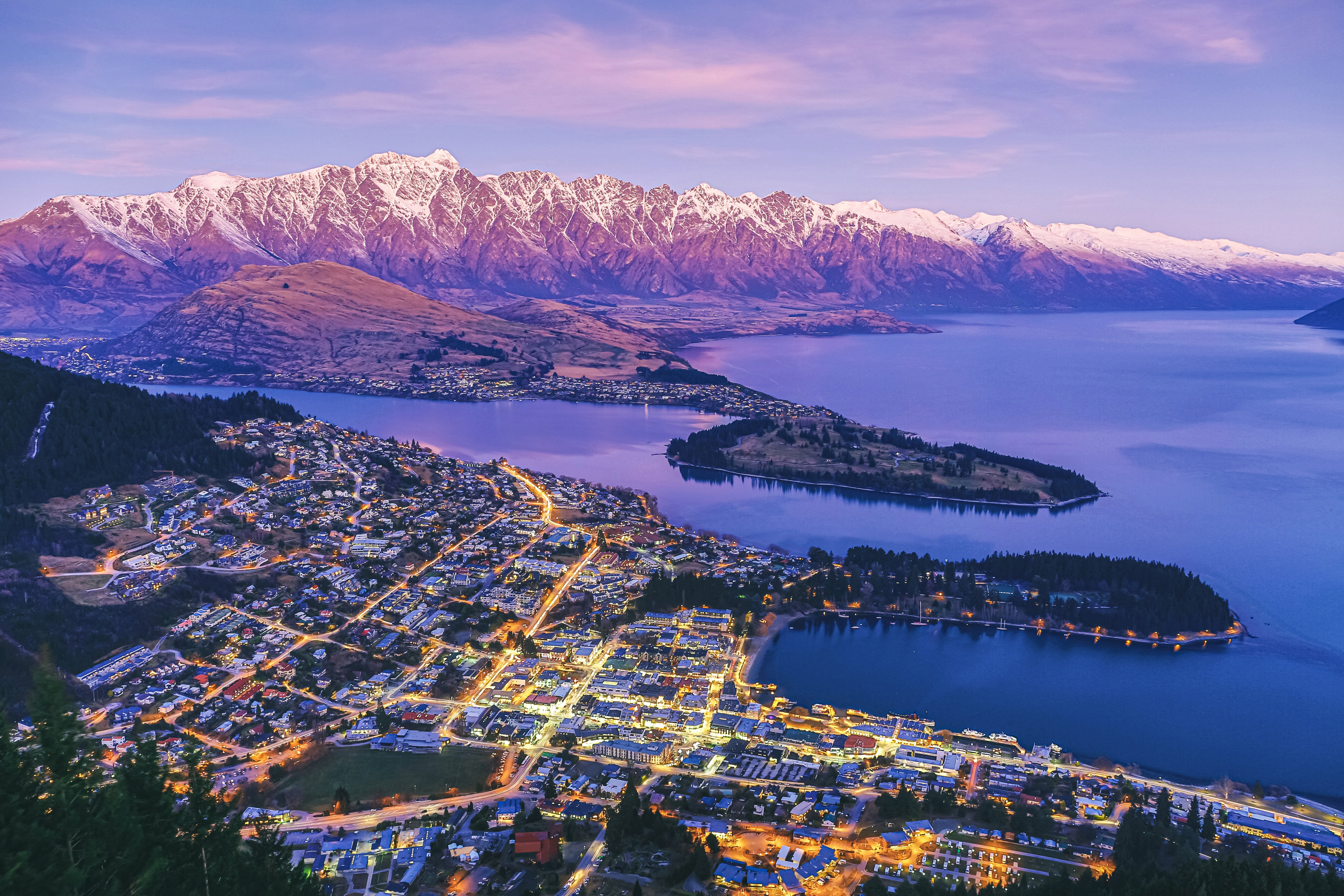
Queenstown's stunning mountain and lake vistas are a national treasure, capturing the imagination of three million visitors each year.
But there’s a dark side to the magic, and that’s the extreme over-reliance our local economy has on tourism. With only just over 30,000 ratepayers funding the building and maintenance of the infrastructure needed to support so many visitors, the ride is proving quite bumpy.
A group of us is doing something about economic diversification. Last year we formed Technology Queenstown (TQ), an ambitious not-for-profit plan to build a technology industry generating $1 billion in annual GDP within 20 years.
Recently, I have been in the United States, working with partners to accelerate TQ’s work. In Boulder, Colorado, someone said: "Welcome back, we hear good things about TQ. But we also hear you have real issues — gridlocked traffic, creaking infrastructure, poor healthcare and a high cost of living. This sounds familiar — what are you locals doing about it?"
Why is this happening?
For more than a decade there has been an almost inevitable population drift southwards. Clearly, the town hasn’t kept up.
Our healthcare has holes big enough to drive an ambulance through. Water and sewerage are a train wreck, as is road congestion.
But our problems have been many years in the making. It seems to have become fashionable to blame all manner of things, organisations and people for our challenges.
However, I suggest we need to focus on solutions, rather than playing the blame game.
Just where do we go from here? Logic says if you keep using the same bad inputs, you continue to receive the same bad outputs. So we need to rethink how we manage our district.
The natural beauty and sheer desirability of the place means that it’s not going to stop growing any time soon.
Help may just be on its way
Wellington has shortlisted the district for a "Regional Deal" — a one-off construct aimed at busting through our problems and resetting our home for the future.
We’re told Regional Deals are a new partnership model between local councils and central government to secure long-term investment in infrastructure, services and economic diversification.
This shouldn’t just be another policy exercise. Done right, it should be the best opportunity in a generation for our district to get ahead of growth, diversify our economy and even set a model for the rest of the country.
Infrastructure
A Regional Deal could mean reliable, sustainable transport to ease congestion and connect towns. It could mean a new transmission line to maintain energy supply, health systems scaled for the future and more affordable housing so families can stay close and workers can find secure rentals.
And it should mean tourists paying their way rather than leaving locals to foot the bill.
These are not nice-to-haves. They are the foundations of a liveable, resilient community.
The wish list is long, and clearly we won’t get everything we need, but we need to put our best foot forward.
The economy
The pandemic showed the danger of relying too heavily on a single sector. A Regional Deal could help change that. For example, fast-tracking the development of a technology-focused university campus
and precinct, attracting students, researchers, corporates and start-ups — to anchor a new economy.
It could also deliver a stronger focus on the film and creative industries, extending our reputation as more than a place to visit, but also a place to produce and create.
Tech and education are the anchors of this diversification. Our job is to create world-class jobs so our kids can earn world-class wages without having to leave home.
The role of tourism
Tourism will continue to play a central role in our economy. It is one of New Zealand’s largest export earners, a cornerstone of our national identity and a driver of prosperity, but it also places strain on our infrastructure.
Surely a Regional Deal presents the opportunity to apply a visitor levy across hotels and short-term rentals like Airbnb.
The message is simple: visitors need to contribute to the facilities and services they depend on.
Seize the moment
Make no mistake: this is the best opportunity in a generation for the entire region — including towns like Wānaka, Cromwell, Alexandra and Clyde — all of which share the same infrastructure pressures, housing challenges, and healthcare needs.
For the first time in living memory, we have a seat at the table with central government and a chance to develop an operating model that doesn’t rely on endless rate hikes and asset sales.
If we get this right, we don’t just solve today’s problems.
We build a better place for our kids and their kids.
■ Roger Sharp founded Technology Queenstown in 2024 and is chairman of two ASX200 technology companies, Iress and Web Travel Group, and regional tech investment bank North Ridge Partners.











